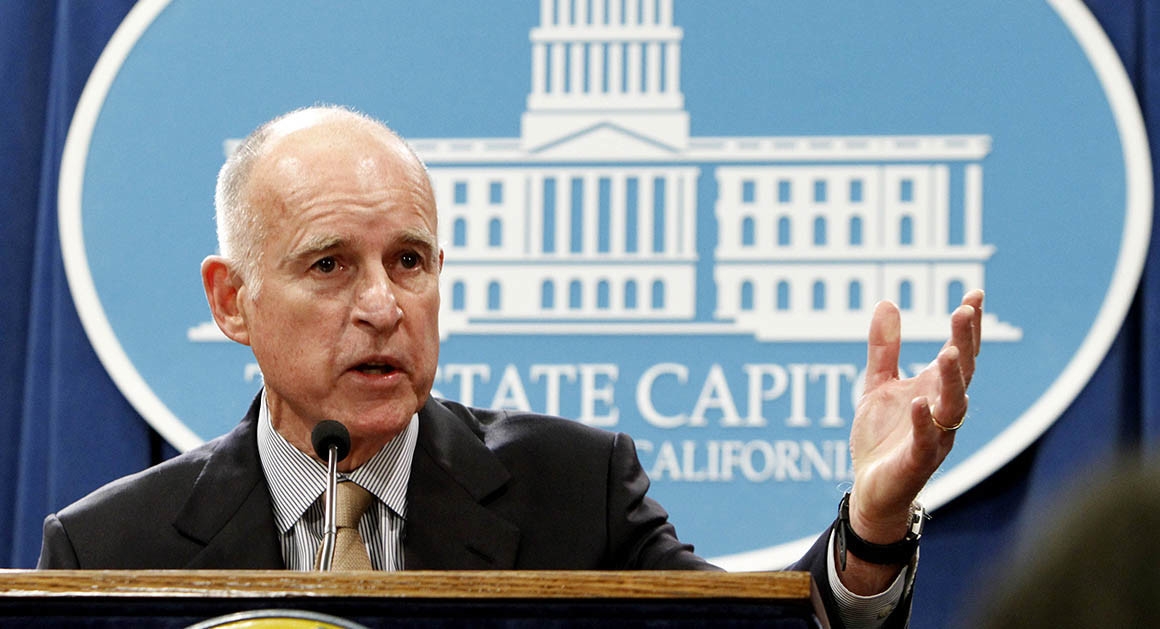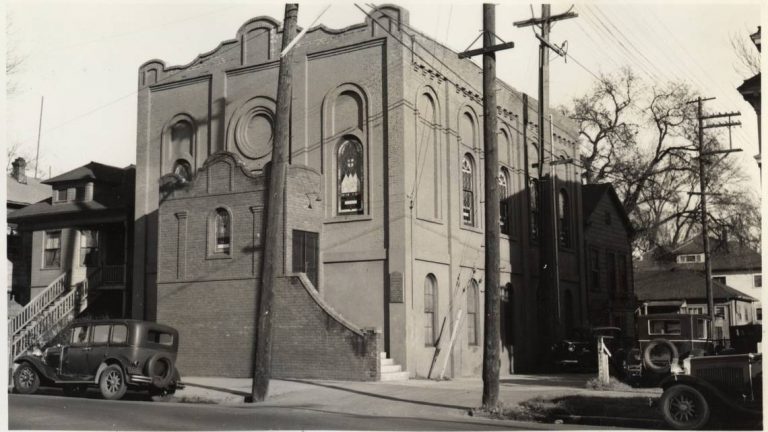
Governor Jerry Brown has a message for African-Americans who were hit hard by the great recession of 2008: Another economic downturn could be on the way.
by Manny Otiko/California Black Media
Gov. Jerry Brown expressed caution when looking at the state of California in his State of the State address to lawmakers last Thursday in Sacramento. While some African American legislative leaders are advocating to restore dollars for programs cut in past years, Brown is asking lawmakers to focus on current liabilities and building the rainy day fund. He said, over the next three years, there could be a possible downturn of as much as $55 billion in state revenue.
Brown’s warning of economic scarcity comes at an unusual time: when the state boasts of a budget surplus of an estimated $6 billion and a state GDP of some $2.3 trillion.
“What we do know is that since the Second World War, we have experienced 10 recessions, none of them expected or accurately predicted,” cautions Brown. “Economists are unable to pinpoint when a recession will begin or how long it will last.”
For African Americans, many unemployed, under-employed and living in some of the most economically depressed regions of the state, a recession of that magnitude would be dire.
Almost five years since the official end of the Great Recession in 2009, many Black Californians are still struggling to recover. During the downturn, which began in 2007 – the worst since the Great Depression of the 1930s – Blacks across the country lost millions of jobs. From 2010 through 2011, African-American unemployment peaked to a high of 15.9 percent.
In California, although overall unemployment has dipped to an impressive low of 6.7 percent, among African Americans it still soars at a shocking 12.1 percent.
According to the Pew Research Center, during the Recession the median wealth of Black households fell 33 percent in 2010 from $16,600 to $11,000 in 2013. White household wealth, on the other hand, increased from $138,600 to $141,900 during that same period.
“Historically, California budgets have been built around forecasts that assume uninterrupted growth,” Brown told lawmakers. “Just looking at the last two recessions, we notice ongoing state spending accelerated right into the downturn.”
Because recessions are an inevitable part of the economic cycle, Brown noted, it is important to stock the state’s rainy day fund to prepare for lean times.
Board of Equalization Chairman Jerome E. Horton, who is African American, praised Brown’s plans for 2016.
“I applaud Gov. Brown’s prudence in establishing the rainy day fund and his plan to strengthen our infrastructure, rebuild education, and fortify health care for our seniors and children,” said Horton. “Horton continues, “with nearly 40 percent of all Los Angeles County residents living in poverty, an epidemic of homelessness, and a growing economic and educational disparity in California, I encourage the governor to redirect unused and unproductive tax credits towards stimulating the growth of small and medium-sized businesses that create quality jobs; establishing salary parity for our state workers who preserve, collect, and administer the resources needed to accomplish these objectives.”
While some onlookers, like Horton, say Brown’s argument for economic restraint and measured spending makes for good budgetary policy, others say lean times are already here for many Californians living below the poverty line.
Some Black lawmakers feel the Governor’s proposed budget for 2016 should do more to prioritize problems facing the state’s poor.
“We continue to deny aid to children simply because they are born into welfare; the poorest children, the children that need the most financial help,” California Legislative Black Caucus member Sen. Holly Mitchell (D – Los Angeles) told California Black Media earlier this month. “Common sense, scientific data, and the economics of poverty tell us we should help these kids. Yet we deny them the assistance that would allow their parents to support them.”
Although Gov. Brown didn’t mention African Americans specifically, during this part of his address, he expressed concern about income equality and the rapidly disappearing middle class stating, “we have lost many good-paying jobs because of technological advancement and outsourcing. Middle-class wages have stood still, while CEO pay has skyrocketed.”
“In fact, the proportion of income earned by the 1 percent has almost tripled,” says Brown. “This contrasts sharply with the virtual stagnation in the wages of so many ordinary Americans. CEO pay has risen from 22 times the average worker pay to 352 times.”
According to Brown, many of his policies, such as providing $2 billion in Cal Grants (a state-run student financial aid program) and paying the tuition of 65 percent of community college students, were designed to help working families. The governor also mentioned some of his other successes, such as, increasing the minimum wage, expanding healthcare coverage and ensuring that 6.5 million workers now have sick leave.
Gov. Brown says, some of his major upcoming projects include tackling retirement liabilities, which will total $220 billion, and fixing the state’s crumbling infrastructure.
“In this year’s budget, I am proposing that we use $2 billion of our temporary surplus on one-time investments to repair and replace aging structures,” says Brown. “Neglecting what we have built over many years and letting it further deteriorate makes no sense and will just pile up costs in the long run.”
Horton pointed to another source for more state revenue that would help Gov. Brown achieve his goals, stating the governor should provide resources the Board of Equalization and the Franchise Tax Board need to capture the more than $12 billion in tax revenue lost annually to the underground economy.




